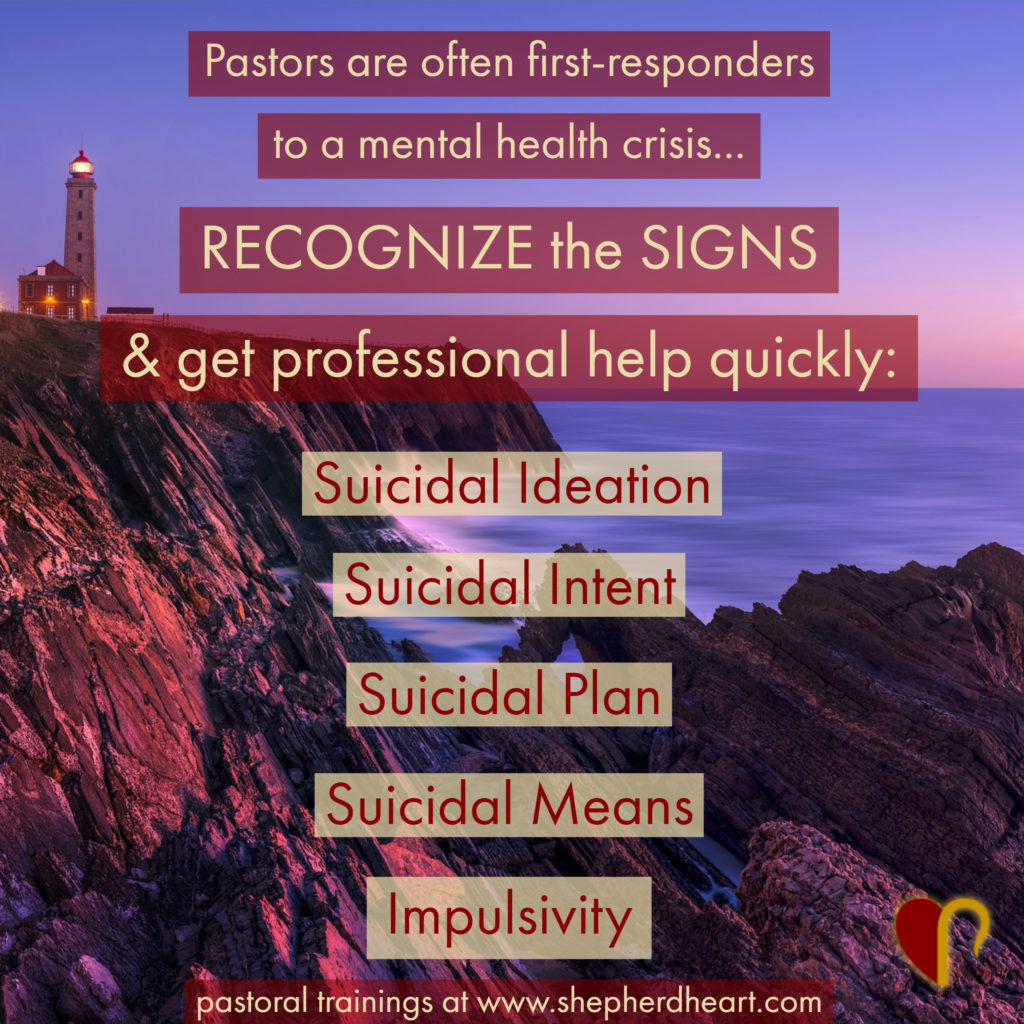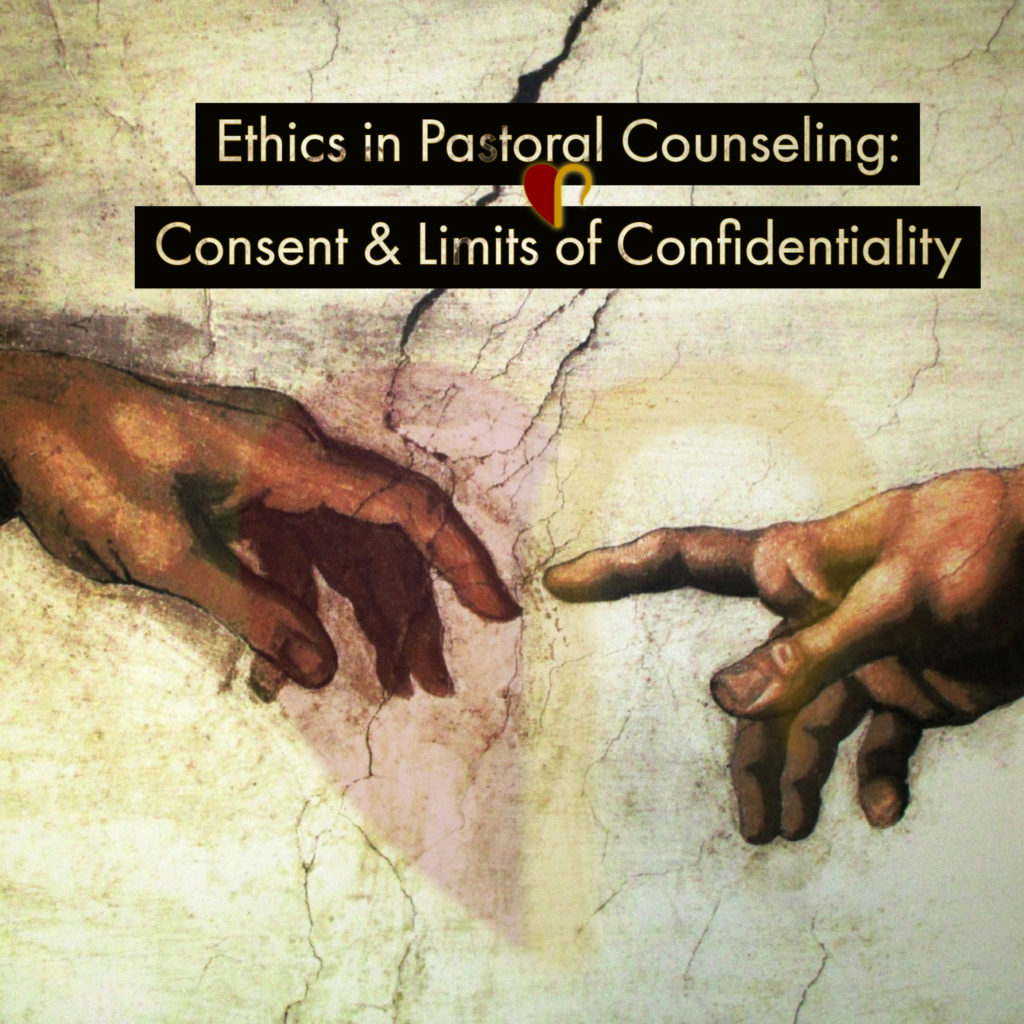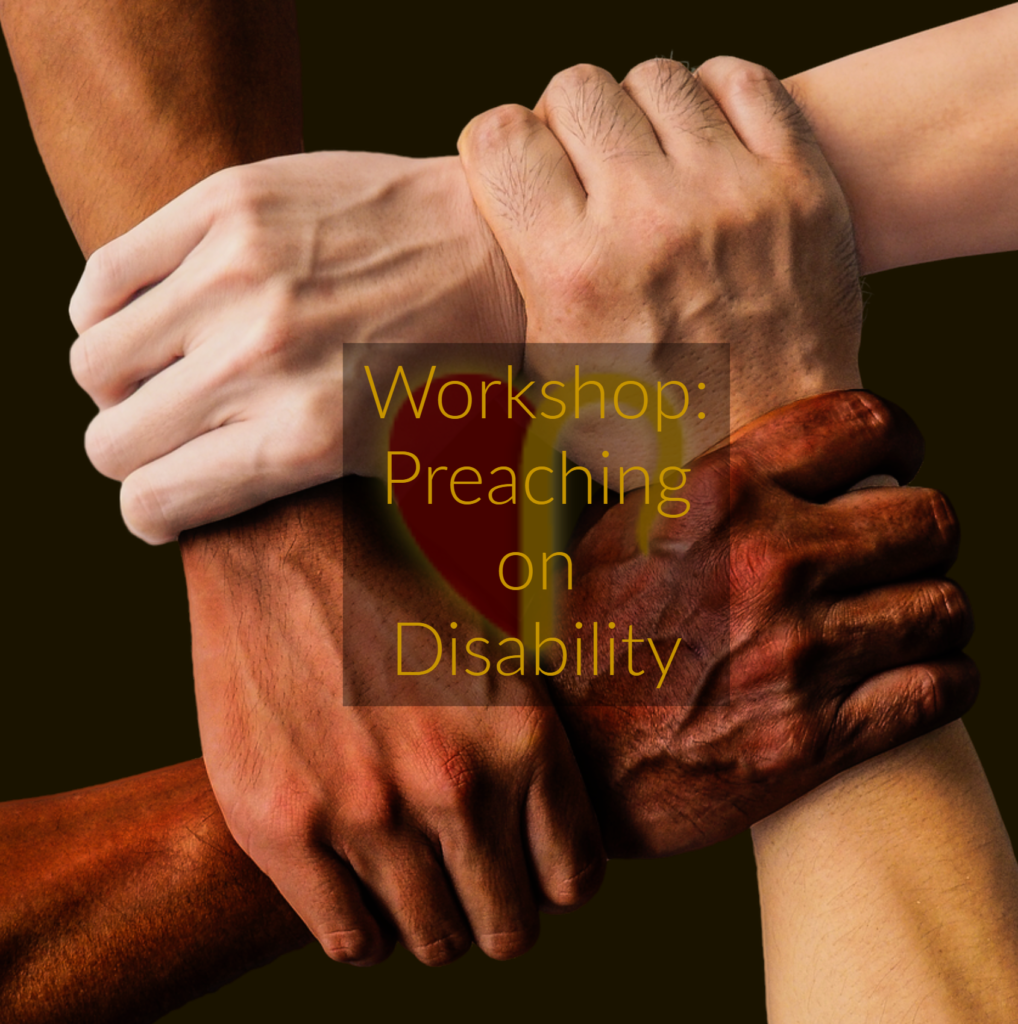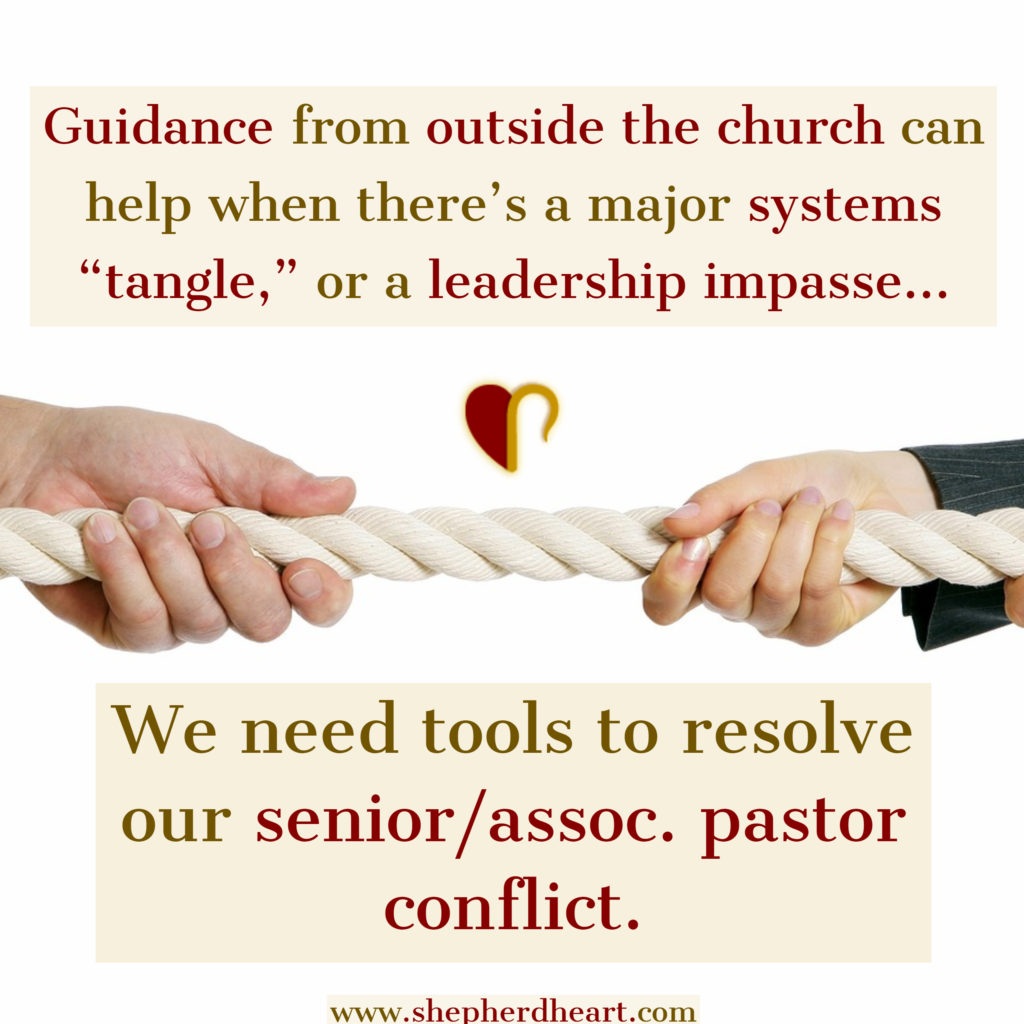
Ministerial Transitions: Using Liminal Time Wisely
By Rev. Teresa Blythe
The stretch between what has been and what is coming up for us is liminal—meaning it is a threshold space ripe for the transformation of deep spiritual work. It is when you are “betwixt and between,” packing your bags (metaphorically and literally) for the journey ahead.
As a spiritual director, I work with individuals as well as church boards, as they navigate major transitions in life. They come to me for assistance with the spiritual practice of discernment: making faithful choices through prayer, deep reflection, gathering of information and using imagination and intuition to discover God’s desire for them.
Although I’ll be talking about individuals using liminal time wisely during ministerial transitions, the same concepts can be employed by organizations, boards, sessions and leadership teams.
Taking inventory before packing
The first step in any intentional move through a threshold from one ministry position to another is to take stock of what was. This is the time to be completely honest with yourself about how effective and healthy your time in ministry has been.
What to keep?
What values, work habits, boundaries and agreements served you and the church you led well? Do you want to keep those “as is” or look at them with new eyes? This is completely your call.
This inventory is a time for what spiritual directors call “a long, loving look at the real.” Especially the positive (we’ll get to the negative next). Use your understanding of Appreciate Inquiry. Ask yourself:
- When did you feel most effective and alive in your ministry?
- What do you value most about yourself and your work at this church?
- When you look back at this church a few years after you have left, what do you imagine was your greatest contribution to its health?
Develop a timeline of your tenure at this church. Draw a horizontal line on blank piece of paper with the year you started at the left side of the page and the time you leave at the right.
- What have been the high points of your tenure?
- Mark those times when you learned the most.
- Pull from the timeline good memories that you will pack in your bag to take with you to the next call.
What to leave behind (or learn from)
Not every experience from the last job needs to be repeated. Ask yourself what was dysfunctional and needs to change. Now is not the time to beat yourself up. It’s just a chance to step back, observe your tenure non-judgmentally, and notice what you don’t want to pack and take to your next call. What values, work habits, boundaries and agreements need to be re-evaluated?
- When did you feel least effective and least energetic in your ministry at this church?
- What just plain didn’t work and you don’t want a repeat of?
- Where were the stumbling blocks for you? How did you approach them?
Take another look at your timeline. Now make notes of those events or seasons where you felt most challenged. Recall how your relationship with God felt at that time. What did you learn? These low points are where the greatest transformation for the future can take place.
Creating a “rule of life”
After you identify where you want changes made—how you will do things differently—write these down and consider how you might turn this into a “rule of life.” This is an agreement we make with ourselves (and God) about how we will connect with God; connect with others and live our life on a regular basis. Some examples of agreements and “rules” from prominent spiritual leaders and communities of the past include[1]:
St. Benedict’s Rule
Practice hospitality, read the Bible and the church fathers, develop a rhythm of prayer and work.
Rule of Taize
Practice common prayer three times a day, have interior silence, practice mercy and avoid judgment.
Dorothy Day
Look for Christ’s presence in the poor, keep a journal, use the Jesus prayer.
Dom Helder Camara
Pray when others are asleep, see Christ in others (especially those who suffer), be prepared to give up power, privilege and prosperity.
Rev. Dr. Martin Luther King, Jr.
Walk and talk in the manner of love for God is love, pray daily to be used by God in order that all may be free, observe with both friend and foe the ordinary rules of courtesy.
You will notice many of the rules start with the word “practice,” since very little of this comes naturally to all of us. It takes work. Add to your rule those practices that help you move into this new position grounded in God and approaching the work with optimism and confidence.[2]
Let’s say you wanted to maintain strong boundaries between home and work life in your last call, but didn’t quite manage, include in your rule agreements to take your sabbath, keep your work hours reasonable, or spend a block of time each week restoring your spirit by just having fun. Your rule doesn’t have to be like anyone else’s.
This rule is going to take a prominent space in your bag from what was to what’s next. You may want to revisit it from time to time to see if you are doing well with it or if it needs to be adjusted. It’s a rule of life, not necessarily a rule for the rest of your life.
Be sure to schedule in time for prayer and reflection on all of this. Discernment is not just about making a choice—it’s about how we make a choice. It can become a way of life to stay in touch with our Source of Life so that when we make choices, we do so with the help of the Spirit.
“What’s next” holds many unknowns. Some things you can’t control and simply cannot pack for! There are many variables. You need to hold your vision for what’s next lightly. And trust that the transformation you experience during this liminal “in-between” time is the preparation you need for the other side of what was.

Teresa Blythe is ordained in the United Church of Christ (UCC) to the ministry of spiritual direction. She works with many clergy and lay persons in spiritual direction and does organizational discernment and spiritual direction work with her Sacred Transformation Project out of Phoenix, AZ.
Rev. Blythe is available for spiritual direction, and offers free phone consultations to explore the question. Find Rev. Blythe and others under Shepherd Heart’s Directory of Spiritual Directors.
[1] For more on how to develop your own personal rule of life, see William O. Paulsell’s book Rules for Prayer. (Paulist Press)
[2] Need help finding spiritual practices for your rule? Check out my book 50 Ways to Pray: Practices from Many Traditions and Times (Abingdon Press).
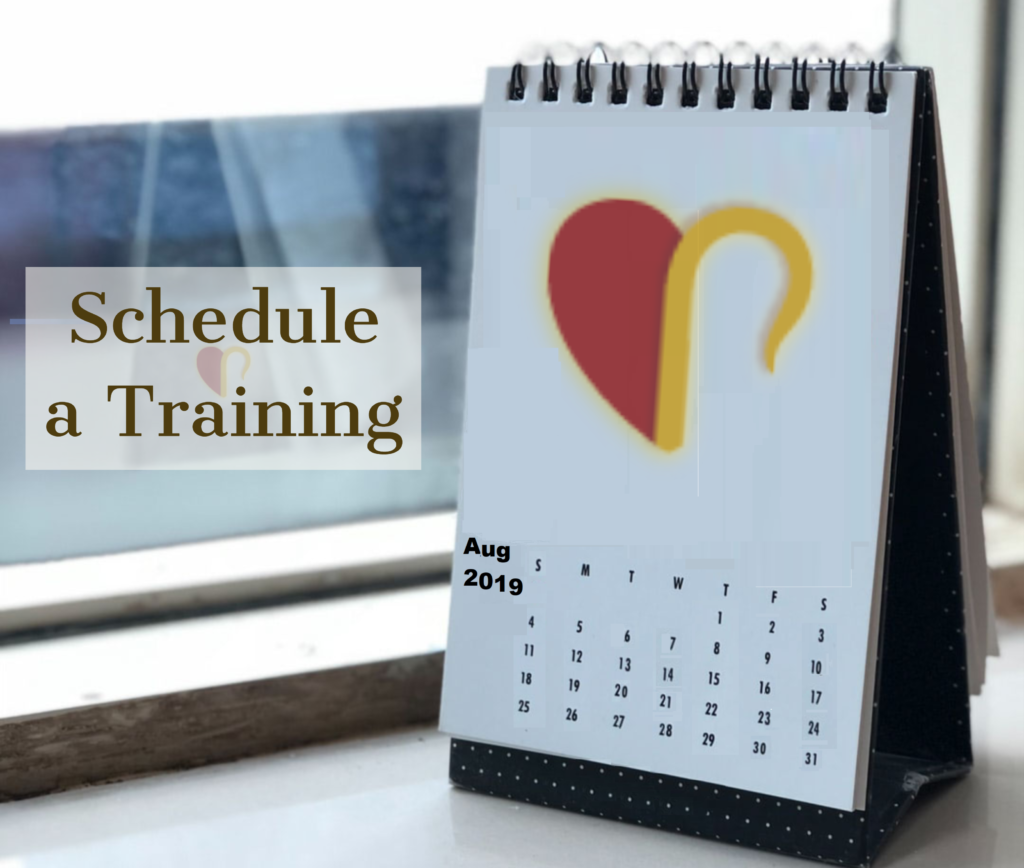
Schedule a training for your ministry team or leadership team.



